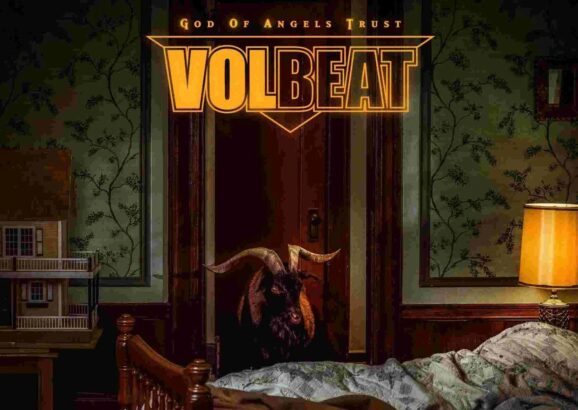The latest edition of Paul Kelly’s Songs From the South illustrates quite vividly why the man is something of a folk hero in his native Australia. More to the point for the rest of the world, however, the two CD’s depict how brilliant he is as a songwriter, performer, recording artist and bandleader.
With its chronology expanded to encompass over an additional decade in comparison to a previously-released collection with a similar title, Greatest Hits 1985-2019 is actually an updated cross-section of Kelly’s work. In fact, the first disc is virtually identical to the preceding set, its twenty cuts simply arranged in slightly different running order. But there’s no denying the impact of the music, almost as powerful arranged for electric guitars, multiple keyboards, horns and a staunch rhythm section, as on “Leaps and Bounds,” or positing Paul alone with acoustic guitar and harmonica on a graphic narrative such as “Everything’s Turning to White.”
The effect is much the same on the second CD in the package, even though, in comparison to the readily-accessible folk-rock cum pop dominating the first half of this anthology, the material is slightly more nuanced. In turns contemplative (“Midnight Rain”) and eccentric (the a capella “If I Could Start Today Again”), nearly two dozen tracks ultimately paint the portrait of a prolific and purposeful artist. This portion of the compendium covers his most recent and purposefully eclectic albums, Life Is Fine and Nature and, as such, “Firewood and Candles” and “A Bastard Like Me (For Charlie Perkins)” are juxtaposed with a never-before-released cut: Kelly sings “When We’re Both Old and Mad” with Kasey Chambers to effect as affectionate as it is comic.
It is not the first and probably not the last rumination on the passage of time from this author’s pen. In fact, herein also is a second collaboration, “Every Day My Mother’s Voice,” with Dan Sultan, an alternately cheerful and exalting performance that reminds of Paul’s overall attitude about his work: no matter the project, he never takes a merely superficial approach. The punch in the audio quality of these recordings matches the flair in the musicianship, further testament to abiding care that precludes anything wasted or extraneous.
Unfortunately, while it is good to see the r&b homage “Thank You,” from The Merri Soul Sessions on Songs From the South, it is nonetheless disappointing this retrospective omits anything from Kelly’s live collaboration with Neil Finn, the Beatlesque Going Your Way, or Death’s Dateless Night, Paul’s quiet duet LP with Charlie Owen devoted to thoughts of mortality. Fortunately, “Sonnet 18” is here, a track from an album (Seven Sonnets & A Song) where, in another seemingly natural team-up, Paul married music to the words of none other than William Shakespeare.
It might go without saying that the aforementioned omissions arise from the embarrassment of riches that is Paul Kelly’s oeuvre. The multiplicity of mini-album covers arrayed within the enclosed sixteen-page booklet only reinforces that point, though, and (almost) functions as tacit encouragement to owners of Greatest Hits 1985-2019, the devoted and the dilettantes, to more deeply explore the wide span of content this somewhat acerbically-titled set represents.







